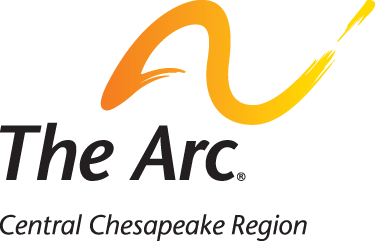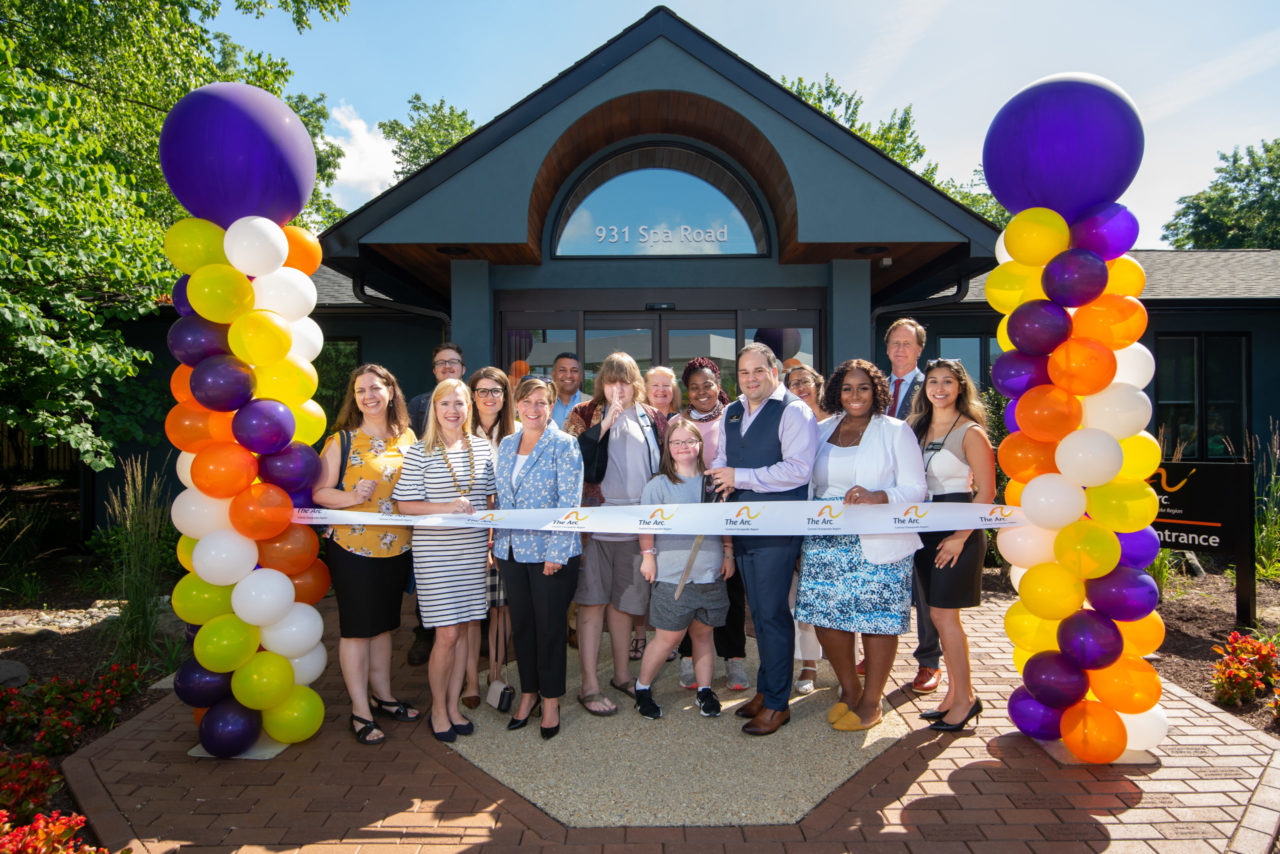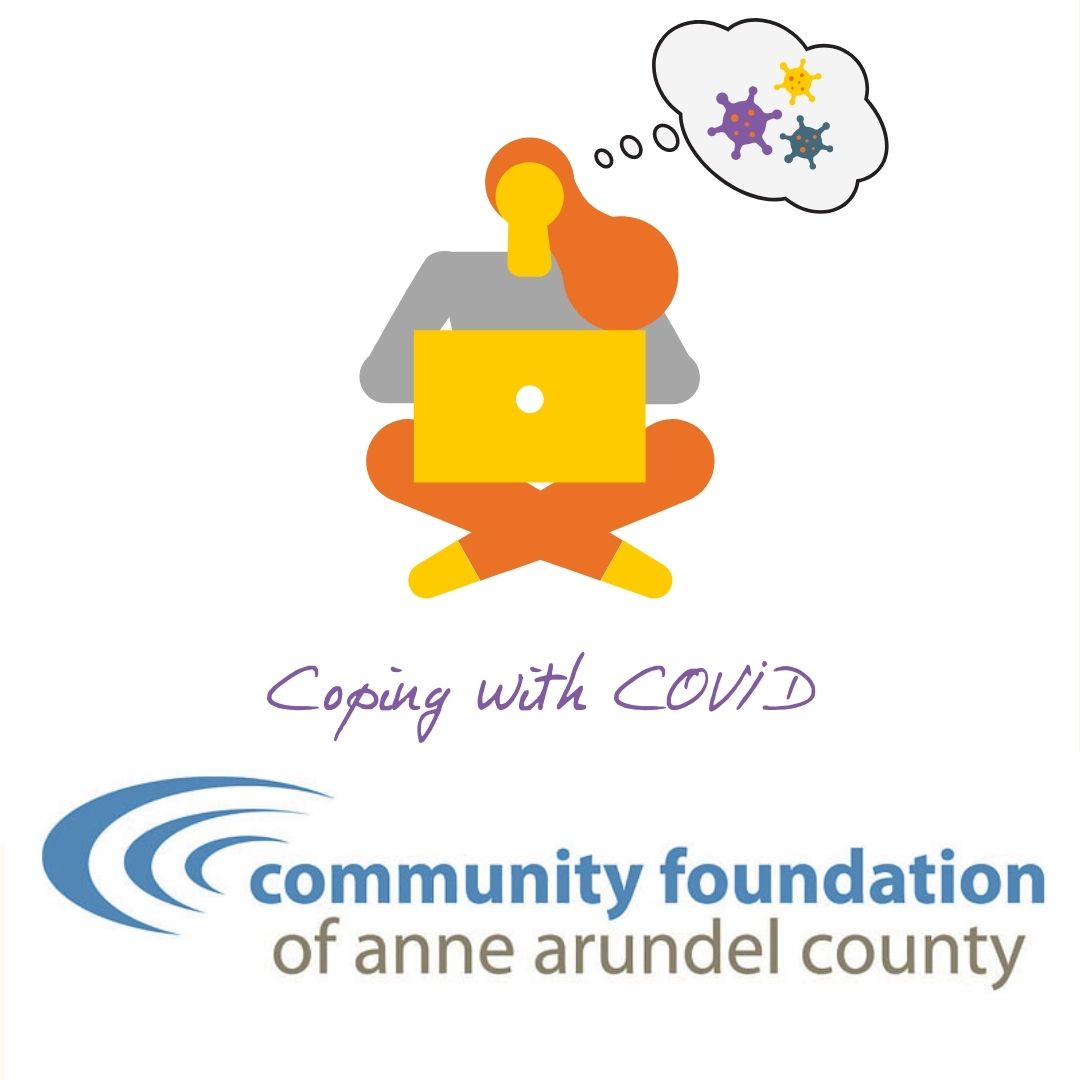The Arc Central Chesapeake Region (The Arc), a nonprofit committed to transforming lives for people with intellectual and developmental disabilities (IDD), and Laura Austin, Board Chair, are pleased to welcome NaToya Mitchell to its Board of Directors.
NaToya possesses over 20 years of experience in nonprofit, private, and government professional organizations that will be a welcome addition to The Arc’s current advocacy efforts to increase access and opportunity for people with IDD.
“The Arc is excited to welcome NaToya to its Board. NaToya is an accomplished and dedicated individual who brings tremendous value to our organization,” said Jonathon Rondeau, President & CEO, The Arc. “Her wealth of knowledge and experience with advocacy, self-direction, and leadership will be instrumental to The Arc and overall, to those we support.”
Committed to delivering effective and equitable care for all, NaToya is currently an executive appointee to both the Anne Arundel County Adult Public Guardianship Review Board and the Anne Arundel County Commission on Disability Issues, as well as a current member of the Washington, DC Regional Planning Commission on Health & HIV. As a former administrator for the Maryland Department of Health, she led the Developmental Disabilities Administration delivery model for people self-directing home and community-based supports.
“I am grateful for the opportunity and eager to join The Arc,” said NaToya. “I look forward to working with members of the Board to increase equity, inclusion, and access to opportunities for people with intellectual and developmental disabilities within their communities and beyond.”
Reflective of her dedication and commitment, NaToya is the 2021 Arc Maryland Honoree of the Outstanding Advocate of the Year Award, which recognizes and honors advocacy leadership on behalf of persons with intellectual and developmental disabilities and their families, including systemic change, legal advocacy, and professional endeavors that increase the rights of person with intellectual and developmental disabilities to have inclusive lives.
NaToya Mitchell earned a Bachelor of Arts in Political Science and Master of Arts in International Studies with a concentration in International Relations from Morgan State University. She is currently pursuing a doctorate degree in public health from Morgan State University.











